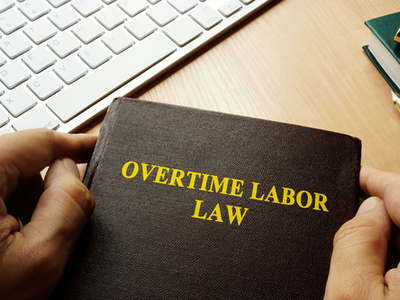Further to the reclassification of the service agreement between an independent deliveryman and Deliveroo, ordered by a Spanish lower Court, French jurisdictions recently shifted position, considering that several independent workers should be deemed employees of the platform that they were working for. READ MORE
The Challenges Ahead for GIG Economy Platforms in Europe Increase as the Labor Courts’ Scrutiny Intensifies











